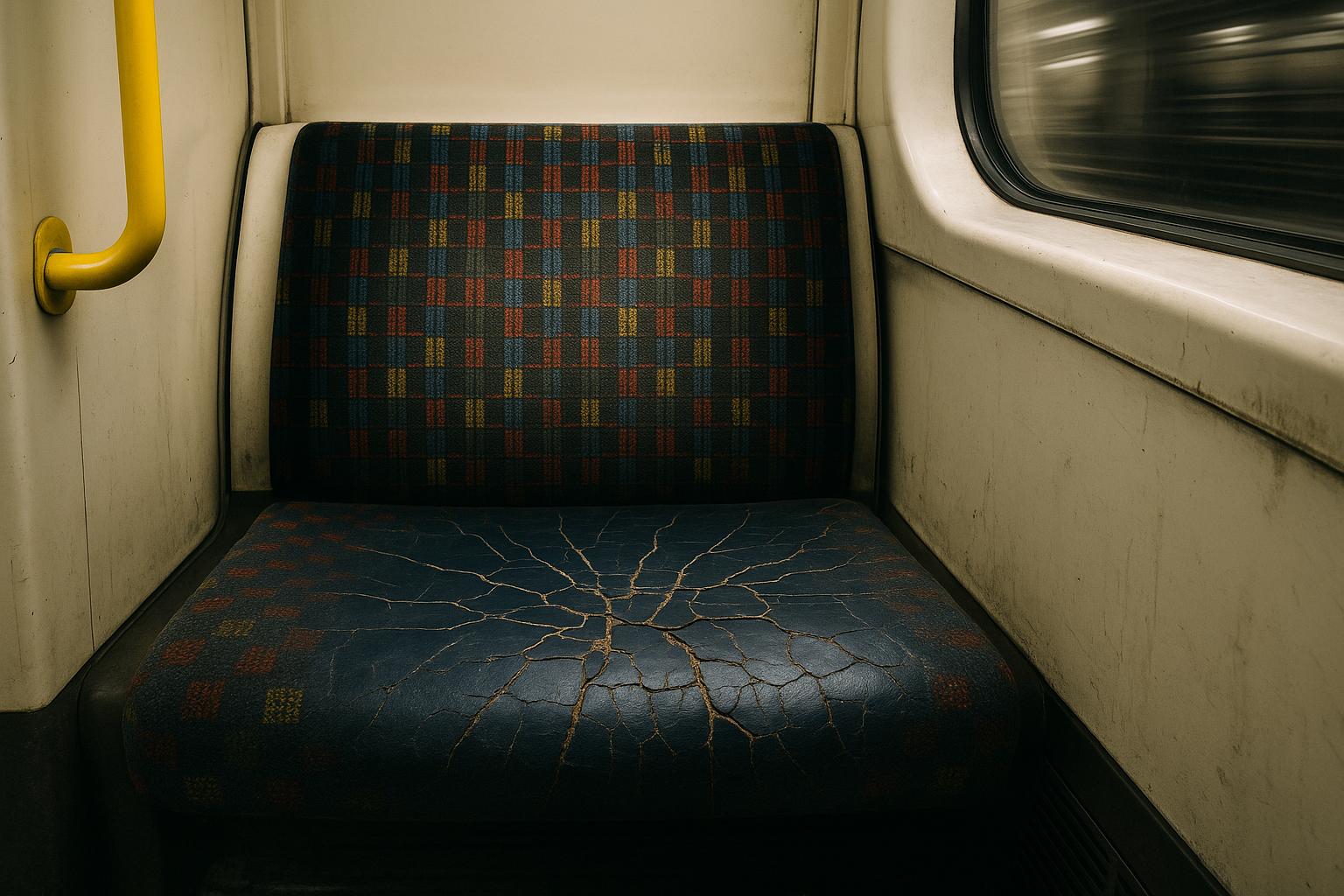Choosing to forgo car travel for a coach journey from London to Bristol offered the chance to relax and enjoy a reprieve from driving, as one passenger recounted. Alongside the low cost and relatively comfortable experience, the peace was unexpectedly shattered by a fellow passenger playing a film on their laptop at full volume — a modern nuisance known as “bare-beating,” where commuters forgo headphones and impose their audio on others. This phenomenon, increasingly prevalent since the advent of smartphones with built-in speakers, has become a particular irritant on London’s public transport, especially the Underground.
This growing problem recently prompted Mayor Sadiq Khan to launch a campaign involving posters advising passengers to “Travel Kind,” serving as a subtle reminder to respect fellow users. However, critics argue that such initiatives are unlikely to curb the behaviour effectively, given that those who play music or videos aloud often do so deliberately, valuing the disruption or indifferent to social norms. The mayor’s effort, while symbolically important in marking the behaviour as a problem, may lack the enforcement power required to create real change.
Calls for a more robust response have been gaining traction from political quarters. The Liberal Democrats have proposed fines of up to £1,000 to deter offenders, echoing measures introduced by Irish Rail, which imposes £86 penalties for similar conduct such as vaping or playing videos loudly onboard. The Conservative shadow transport secretary Richard Holden has also supported sanctions, stating that passengers should not have to “endure somebody else’s choice of crap music.” A more moderate proposal would see fixed penalties around £150, comparable to existing fines for littering and cigarette butt disposal, aiming to impose a meaningful but not crippling deterrent in the context of the ongoing cost-of-living crisis.
Beyond the challenge of managing individual behaviour, the issue of noise pollution on the Tube extends to structural and environmental concerns. The London Assembly has repeatedly urged Transport for London (TfL) to address the broader problem of noise and vibrations caused by the Underground network. Since 2020, there has been a push for tighter public health standards, transparency about noise hotspots, and the adoption of innovative technologies to improve the situation for both passengers and residents living near the network. TfL has trialled solutions such as rail grinding and alternative track fastenings, despite financial constraints that pose ongoing challenges to noise mitigation efforts.
Londoners have access to resources on the TfL website to report noise and vibration issues, reflecting a commitment to engage the community in addressing these persistent concerns. Nonetheless, the longevity and high-frequency operations of the London Underground mean that managing noise remains a complex task, requiring a balance between realistic expectations and practical interventions.
While recent campaigns highlight growing awareness of noise nuisances in public transport, the frustration of commuters faced with inconsiderate headphone-dodgers suggests that stronger enforcement measures, combined with continued investment in infrastructure improvements, may be necessary to restore a degree of civility and comfort to London’s travel experience.
📌 Reference Map:
- Paragraph 1 – [1]
- Paragraph 2 – [1]
- Paragraph 3 – [1], [2]
- Paragraph 4 – [1], [2]
- Paragraph 5 – [3], [4], [5], [6], [7]
- Paragraph 6 – [1], [3], [4], [5], [6], [7]
Source: Noah Wire Services
